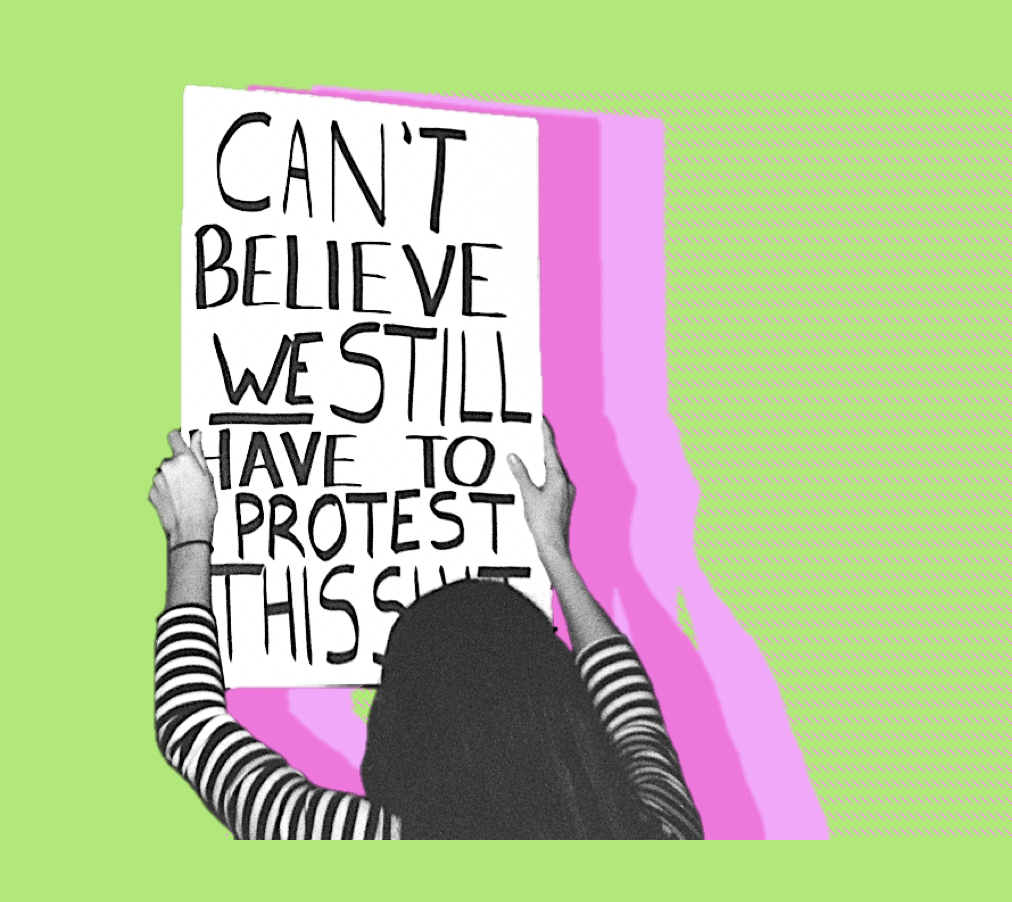
Breaking! Gas Still Isn’t a Bridge Fuel
Gas is dirty, expensive, and unnecessary - so why is the fossil fuel industry calling it a 'bridge fuel'? Our new report unpacks and debunks the enduring myth that gas can form a 'bridge' to a safe climate.
Read the latest insights and analysis from the experts at Oil Change International.

Gas is dirty, expensive, and unnecessary - so why is the fossil fuel industry calling it a 'bridge fuel'? Our new report unpacks and debunks the enduring myth that gas can form a 'bridge' to a safe climate.
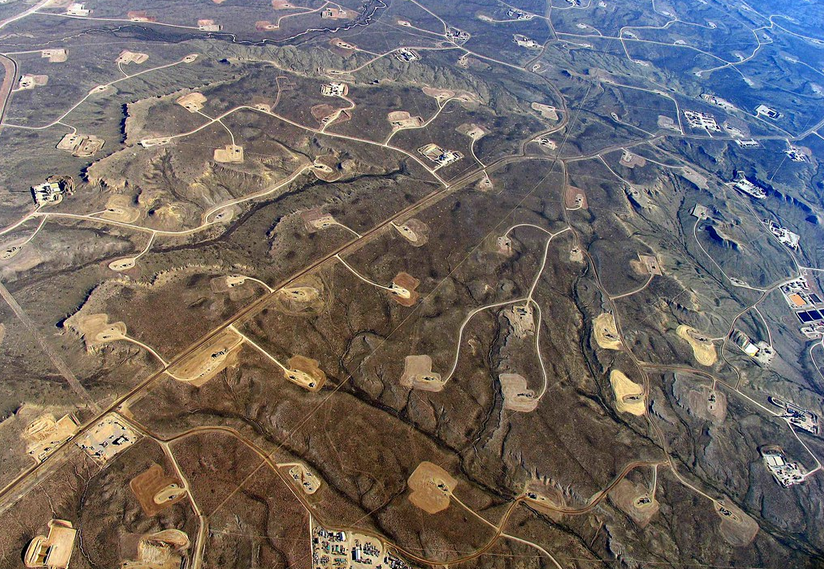
The Trump Administration is redoubling its assault on the climate. Part of that is trying to redefine fossil fuels as “molecules of U.S. freedom” and “freedom gas.”
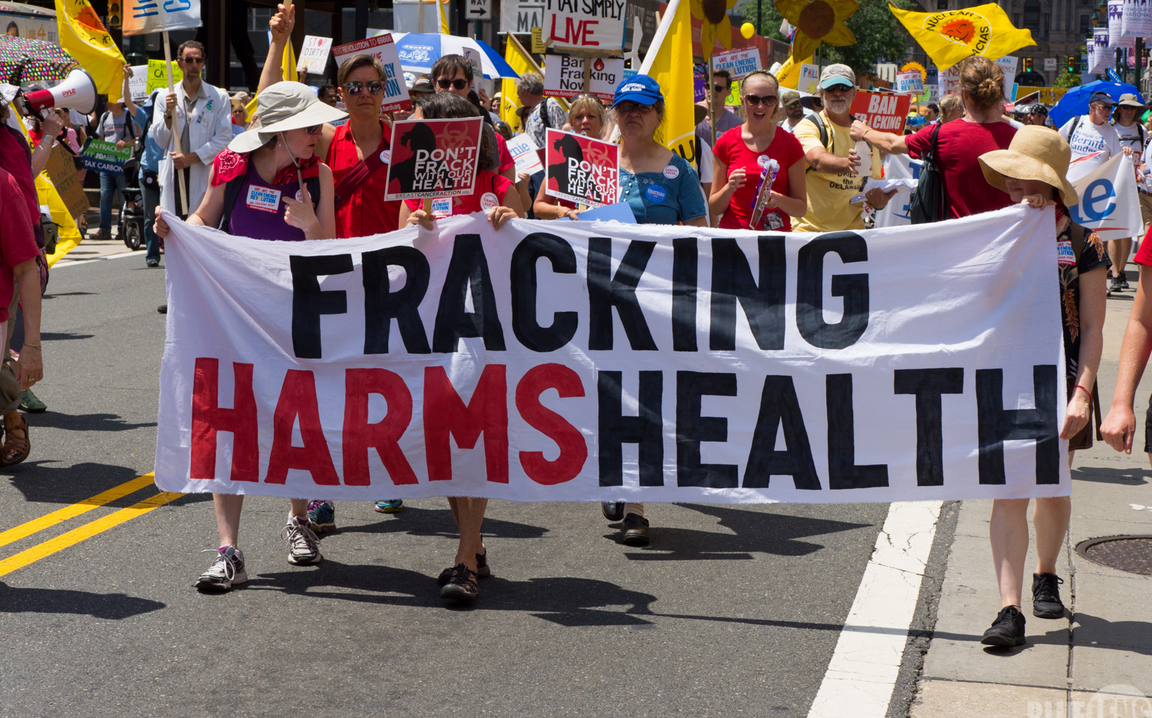
The world’s largest oil exporter has signalled that it is investing in the world’s largest shale play. And that can only be further bad news for the climate.
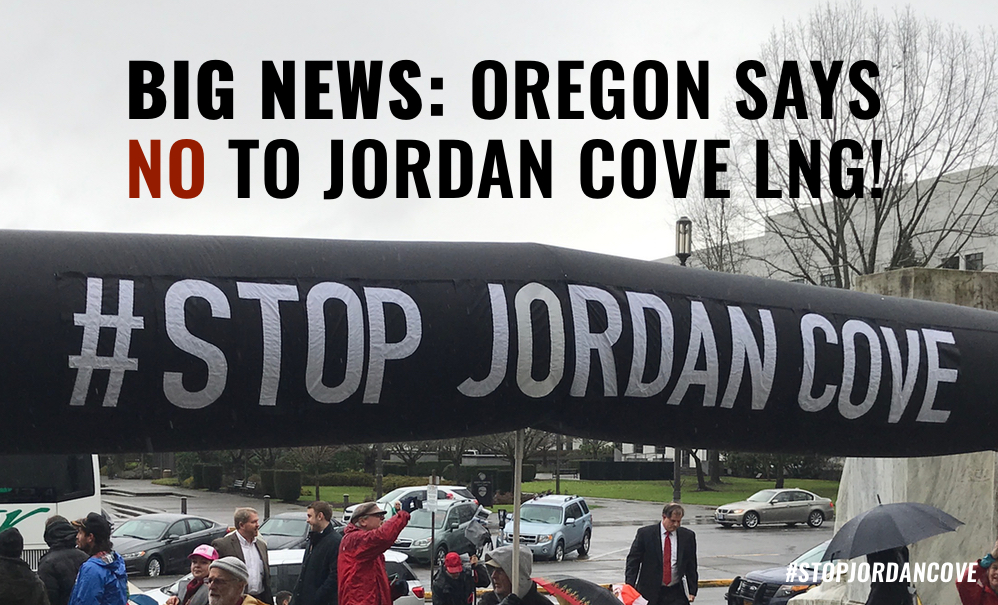
Monday, May 6 was a big day in Oregon in the fight against fossil fuels. In a big win for water and our climate, the Oregon Department of Environmental Quality (DEQ) delivered a potentially fatal blow to the Jordan Cove LNG project and the Pacific Connector fracked gas pipeline.
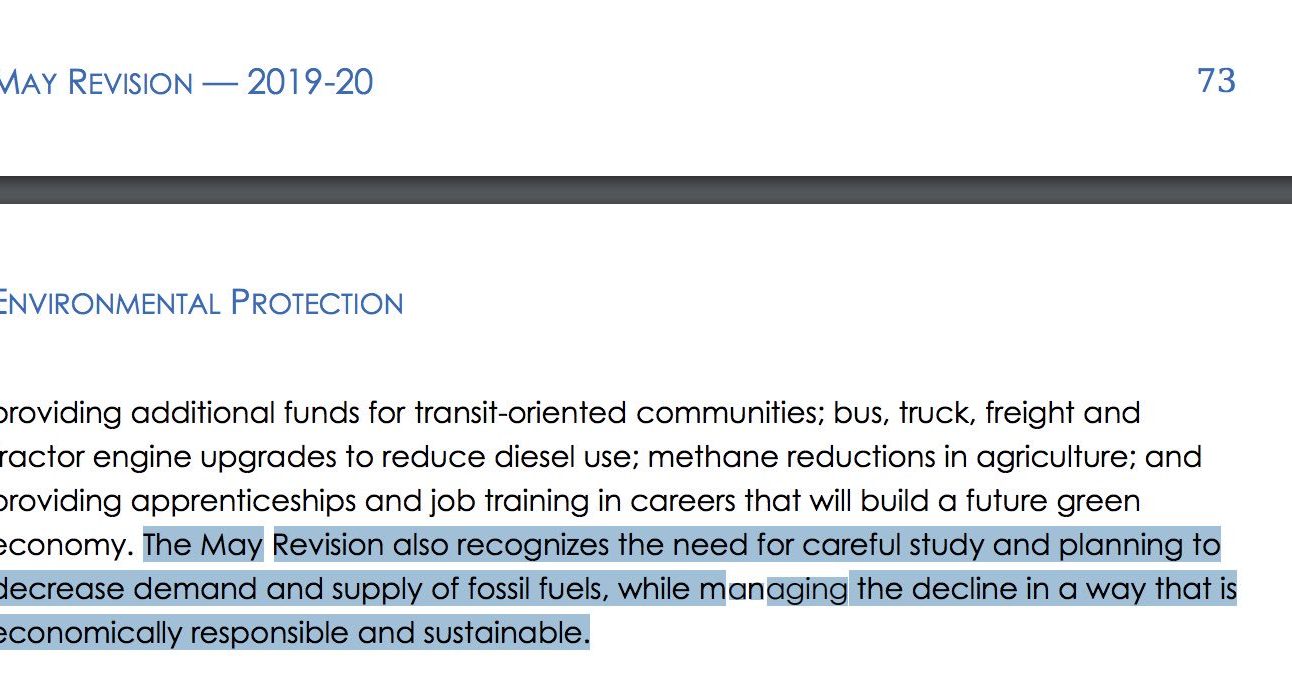
Hidden in a detailed California budget document released last week was a critical sentence that, if pursued, could mark a major shift in California climate policy.
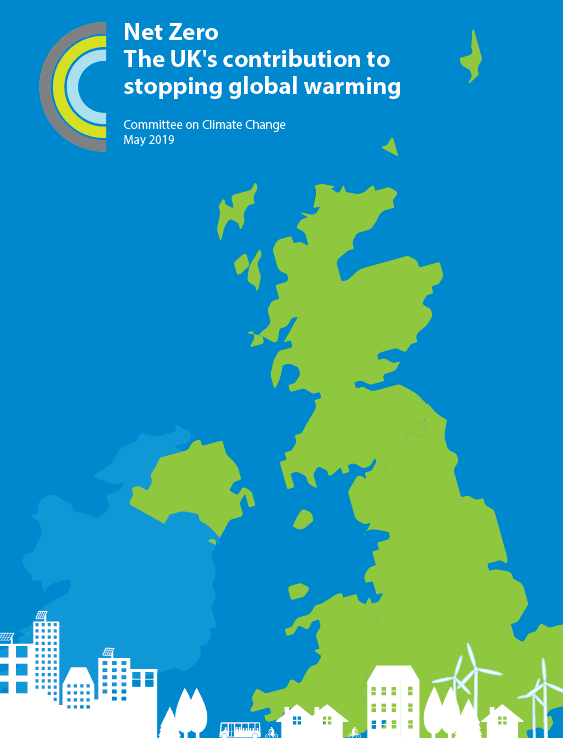
The elephant in the room of UK climate policy
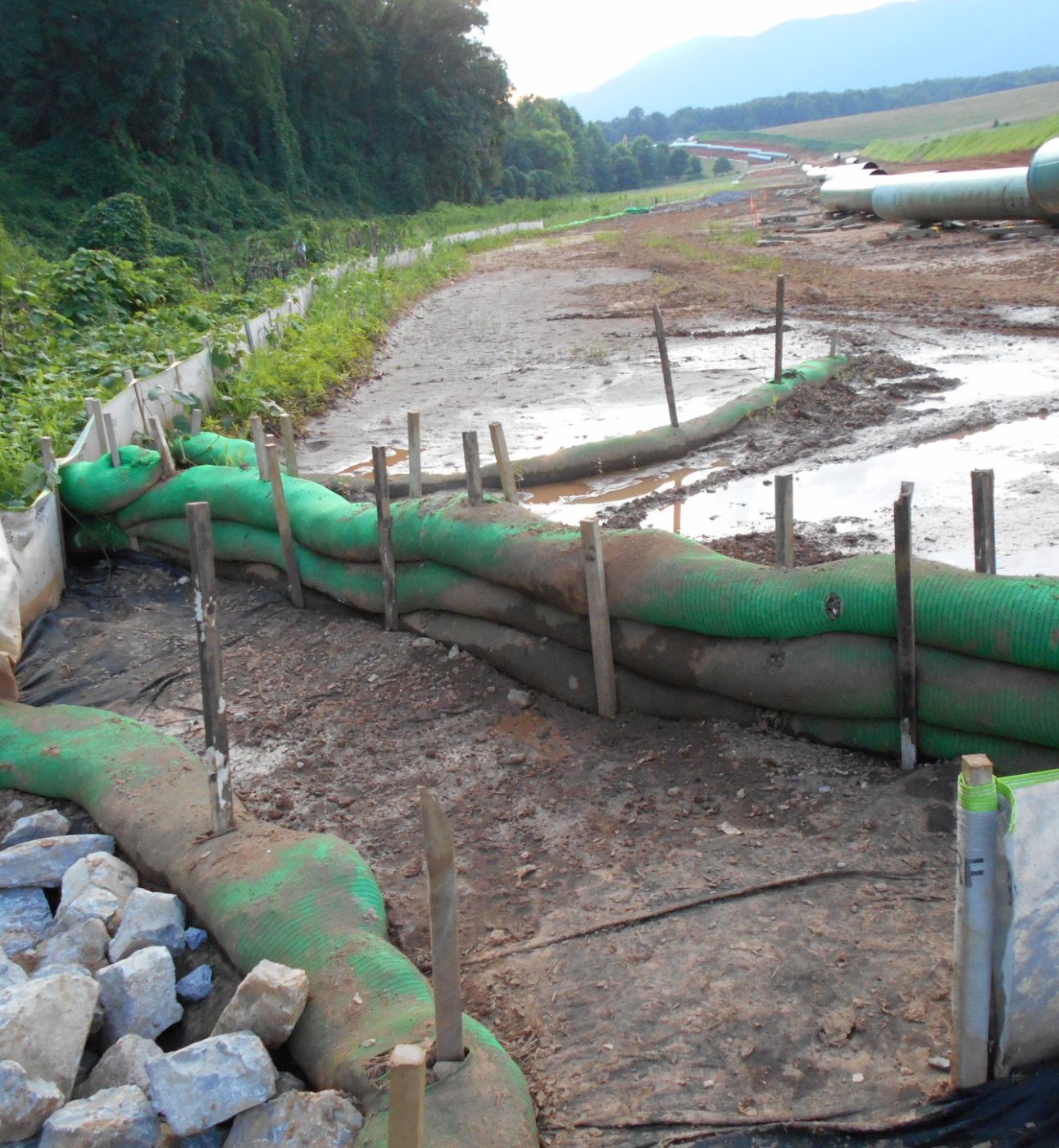
Construction of the Mountain Valley and Atlantic Coast pipelines has been halted for now. It's time to stop them for good.
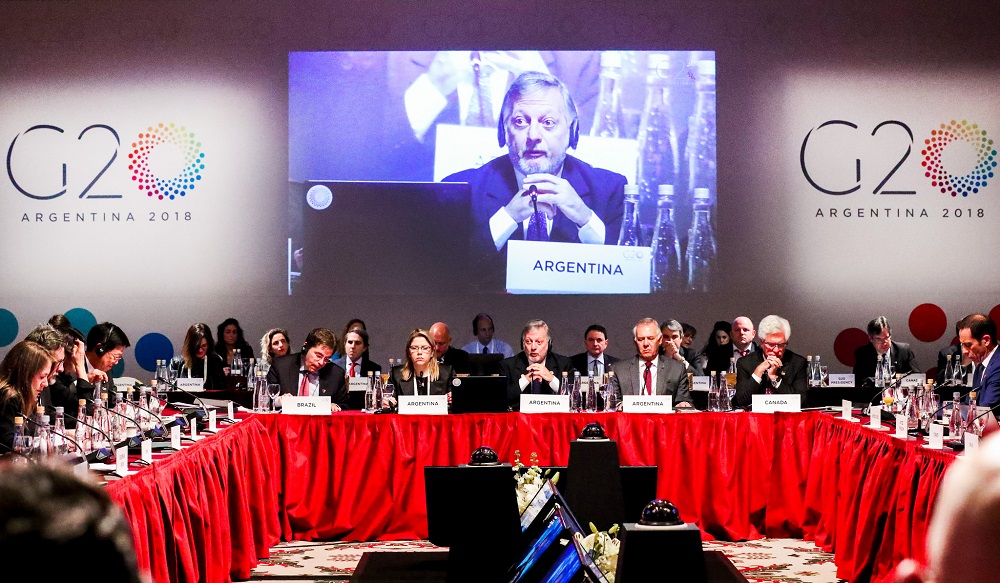
As G20 energy ministers met in Argentina last week, the fossil gas agenda contradicted the stated commitment on climate of all but one member.